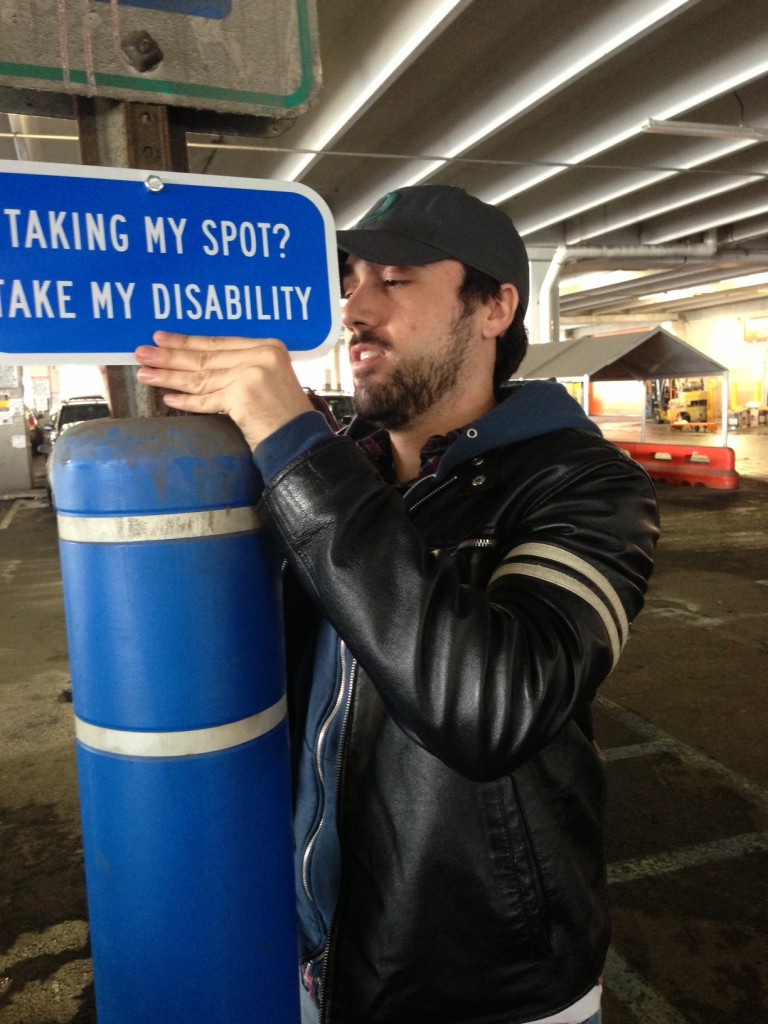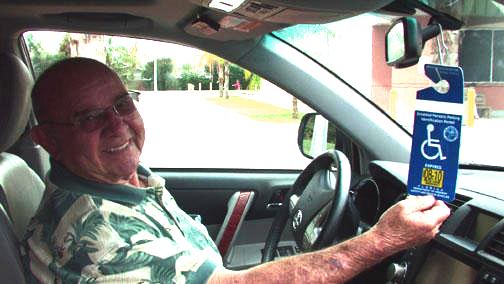What medical conditions qualify you for a disability parking permit?
Although the process for receiving a disability parking permit varies nationwide, each state requires paperwork from a licensed medical professional who can certify the applicant’s disability status. Typically a physician, nurse practitioner, or physician’s assistant (some states, such as Hawaii, also allow certification from naturopaths and chiropractors), the medical professional generally has a set menu of options when reviewing a patient for certification. The language describing the conditions can vary, but the criteria are almost all uniform for those seeking a long-term disability parking permit:
- The applicant cannot walk 200 feet without stopping to rest. This condition can stem from arthritic, neurological, or orthopedic causes. For instance, a person may have suffered a series of strokes.
- The applicant cannot walk without the use of assistive devices, such as a cane, crutch, or wheelchair.
- The applicant has restricted breathing due to lung disease, which can include emphysema or cystic fibrosis, among a range of other diseases. Here, however, a specific criterion applies: the measurement by spirometry of a person’s forced expiratory volume or FEV, which has to be less than 1 liter in 1 second.
- The applicant has a cardiac condition diagnosed as Class III or IV, according to the standards of the American Heart Association. The categories do not identify specific diseases, but call out functional limitations, such as cardiac insufficiency at rest.
- The applicant uses portable oxygen. Conditions that require such a device include, but are not limited to, pulmonary hypertension or interstitial lung disease.
- The applicant is legally blind.
Applicants may also seek a temporary disability parking permit, which typically last up to six months but can often be renewed. Conditions other than those listed above, such as pregnancy, may qualify an applicant for temporary status.
While the criteria qualifying an applicant for disability status are unlikely to change, states are beginning to reassess physicians’ role in the application process. More and more often, local governments are identifying high rates of disability parking permit abuse, such as drivers who display the placards of disabled relatives who have since died or who use the permits when no disabled person occupies the vehicle.

Disability parking fraud prompted the MyParkingSign team to create and install these “Taking my Spot? Take my disability” signs. Check them out here.
Because the permits typically allow their holder to park for free at metered spots, abusers of the privilege are costing cities nationwide. A report released by Seattle’s City Auditor’s Office in June, for example, estimated that the city was losing as much as $1.4 million each year to disability parking permit abuse.
Those studying the issue have identified the medical professionals who issue the certifications as one source of the problem. States don’t track which professionals are providing the certifications, making it difficult to identify those who may be issuing them more freely. Some doctors, reluctant to turn down a paying patient, may feel compelled to approve requests that fail to meet the criteria.
Check with your state’s local motor vehicle division to discover changes, if any, regarding physicians’ involvement in the certification process for a disability permit parking placard.
Related Posts
Category: Regulations





















